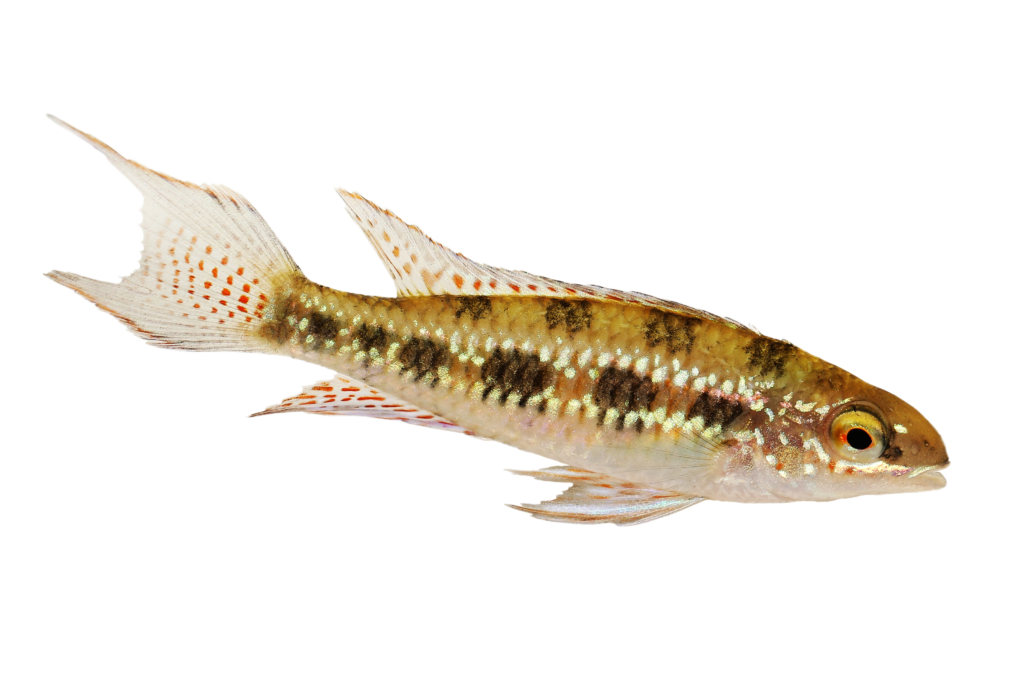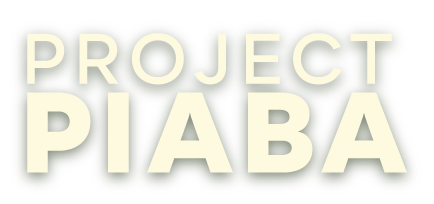Our Mission
Make A Donation
Our Mission & Objectives
Project Piaba is a 501(c)(3) nonprofit organization driving habitat conservation by promoting and connecting Brazilian fishing communities with the global aquarium fish trade.
We achieve this through targeted programs and initiatives aimed at achieving the following goals:
-
- Baseline Data Collection: Collecting comprehensive data on the ecosystem, socio-economy, and fish diversity to understand the impact of the aquarium fish trade on economic, social and natural environments.
- Best Handling Practices: Developing protocols known as “Best Handling Practices” (BHP) to ensure the well-being of captured fishes throughout the trade process. These practices minimize stress and trauma through improved fish nutrition, acclimation to international trade conditions, and proper handling techniques.
- Marketing Strategy for Community-Sourced Fish: Implementing a marketing strategy that enables consumers to track the individual history of their fish. Through a tracking system, customers can access information online, including fisher profiles, capture locations on Google Earth, and environmental details. This approach empowers consumers and highlights the positive impact of their purchasing decisions.
- Environmental Education and Socio-cultural History: Providing educational programs to local communities, fishers, distributors, and the public to promote environmental awareness and conservation. Additionally, fostering career development in the fields of aquarium science and conservation.
- Community-Based Fishery Management: Collaborating with local communities to develop sustainable fishery management strategies. This includes setting managed harvest levels, implementing stock enhancement programs for fishes and turtles, and promoting the aquaculture of native species.
- Policy Revision and Regulatory Assistance: Assisting regulatory agencies in revising policies to protect vulnerable species and enhance the economic viability of the region.
- Local Entrepreneurship and Sustainable Resource Commercialization: Encouraging local entrepreneurship, eco-tourism, and the production of sustainable crafts. Additionally, promoting the commercialization of other sustainable natural resources to support local communities.
By analyzing and fostering the Barcelos home aquarium fishery, identifying trade barriers, and strengthening market pathways, we aim to preserve and enhance the benefits of the fishery. Through community development, capacity building, and conservation education efforts, we strive to create positive change and collaboration among key stakeholders, including conservation organizations, retailers, regulators, and the hobbyist community.
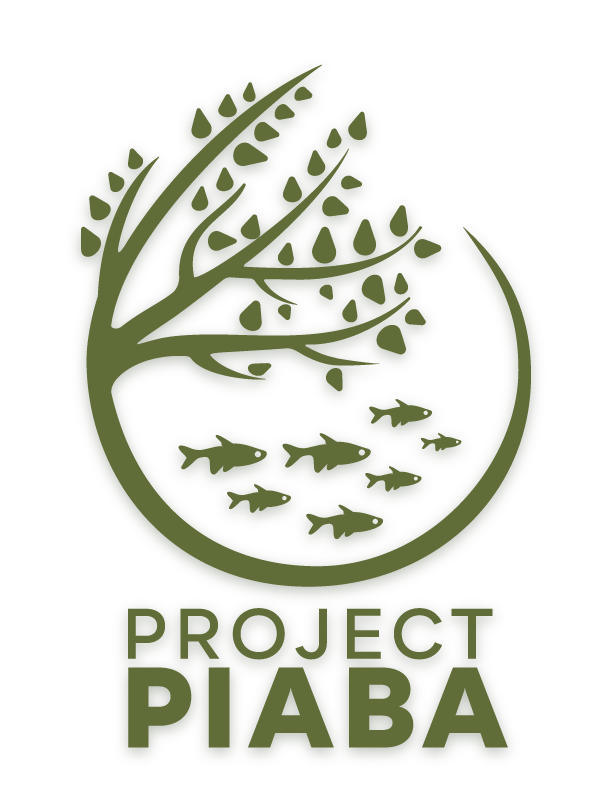
About the Fishery
The Cardinal Tetra, gained worldwide attention after its discovery in the 1950’s. With vibrant blue-and-red coloration and peaceful schooling behavior, it immediately attracted the attention of the growing aquarium hobby. Over time, an entire industry grew up in the region based on collecting, transporting, and exporting these and other tropical fish species to supply home aquariums, mainly in the US and Europe.
Approximately 80% of trade from artisanal fisheries in the Rio Negro is comprised of this single species even though hundreds of other species are available in this area.
Our Mission & Objectives
Project Piaba is a 501(c)(3) nonprofit organization driving habitat conservation by promoting and connecting Brazilian fishing communities with the global aquarium fish trade.
We achieve this through targeted programs and initiatives aimed at achieving the following goals:
-
- Baseline Data Collection: Collecting comprehensive data on the ecosystem, socio-economy, and fish diversity to understand the impact of the aquarium fish trade on economic, social and natural environments.
- Best Handling Practices: Developing protocols known as “Best Handling Practices” (BHP) to ensure the well-being of captured fishes throughout the trade process. These practices minimize stress and trauma through improved fish nutrition, acclimation to international trade conditions, and proper handling techniques.
- Marketing Strategy for Community-Sourced Fish: Implementing a marketing strategy that enables consumers to track the individual history of their fish. Through a tracking system, customers can access information online, including fisher profiles, capture locations on Google Earth, and environmental details. This approach empowers consumers and highlights the positive impact of their purchasing decisions.
- Environmental Education and Socio-cultural History: Providing educational programs to local communities, fishers, distributors, and the public to promote environmental awareness and conservation. Additionally, fostering career development in the fields of aquarium science and conservation.
- Community-Based Fishery Management: Collaborating with local communities to develop sustainable fishery management strategies. This includes setting managed harvest levels, implementing stock enhancement programs for fishes and turtles, and promoting the aquaculture of native species.
- Policy Revision and Regulatory Assistance: Assisting regulatory agencies in revising policies to protect vulnerable species and enhance the economic viability of the region.
- Local Entrepreneurship and Sustainable Resource Commercialization: Encouraging local entrepreneurship, eco-tourism, and the production of sustainable crafts. Additionally, promoting the commercialization of other sustainable natural resources to support local communities.
By analyzing and fostering the Barcelos home aquarium fishery, identifying trade barriers, and strengthening market pathways, we aim to preserve and enhance the benefits of the fishery. Through community development, capacity building, and conservation education efforts, we strive to create positive change and collaboration among key stakeholders, including conservation organizations, retailers, regulators, and the hobbyist community.
About the Fishery
The Cardinal Tetra, gained worldwide attention after its discovery in the 1950’s. With vibrant blue-and-red coloration and peaceful schooling behavior, it immediately attracted the attention of the growing aquarium hobby. Over time, an entire industry grew up in the region based on collecting, transporting, and exporting these and other tropical fish species to supply home aquariums, mainly in the US and Europe.
Approximately 80% of trade from artisanal fisheries in the Rio Negro is comprised of this single species even though hundreds of other species are available in this area.
join our mailing list
Want to learn more about our progress and get updates on events? We promise not to sell your information or spam your inbox.
